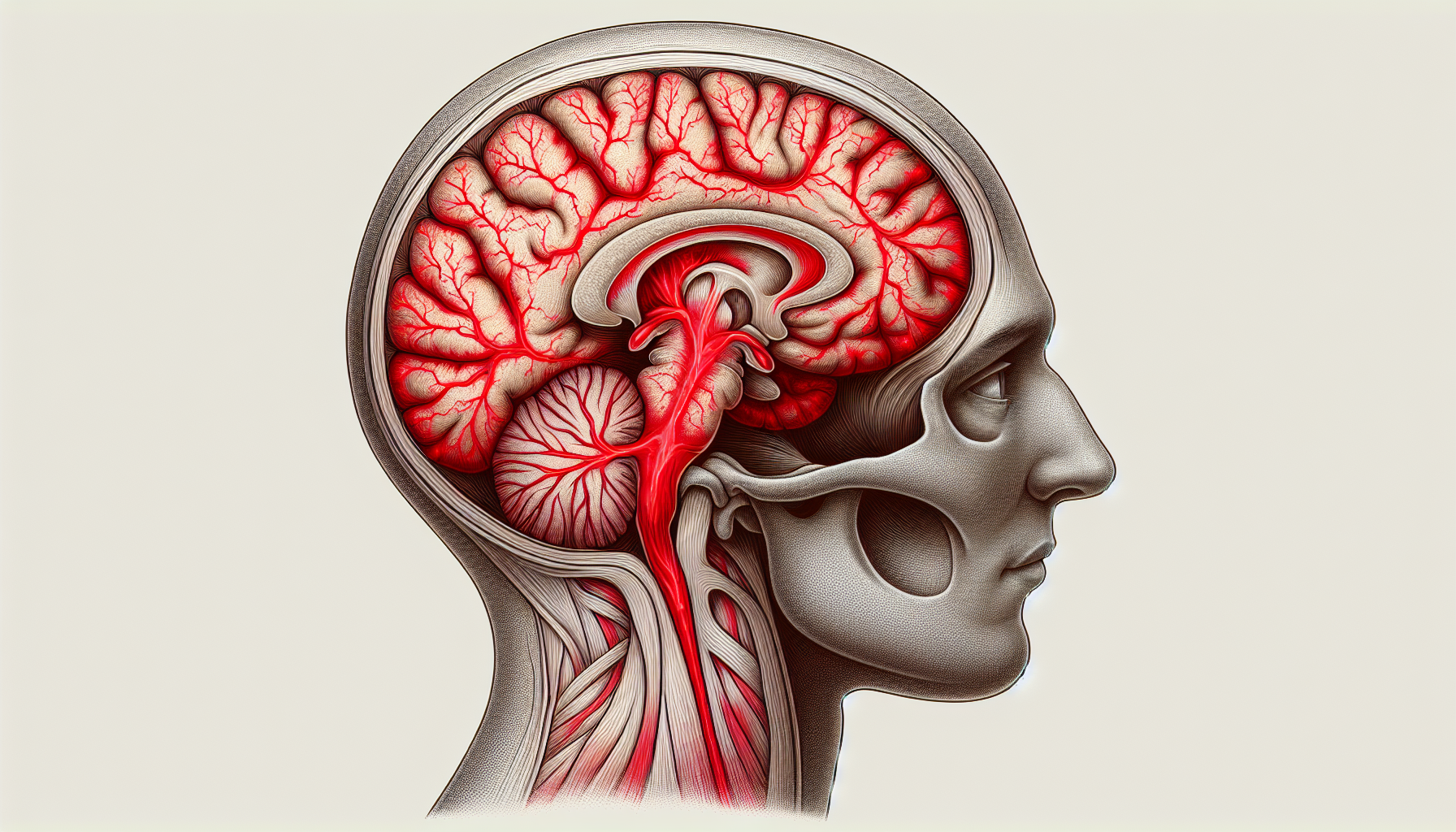Inflammation is the body’s natural response to injury or infection, a vital part of the healing process. However, when inflammation becomes chronic, it can have profound and detrimental effects on various aspects of health, including the brain’s structure and function. Chronic inflammation is increasingly recognized as a potential contributor to a variety of neurological conditions and cognitive impairments.
Understanding Chronic Inflammation and the Brain
The brain is a remarkably complex organ, responsible for our thoughts, feelings, and movements. It is also highly susceptible to damage from prolonged inflammation. Chronic inflammation in the brain can lead to changes in brain structure, including the loss of neurons and the connections between them, and can impact brain function, potentially leading to cognitive decline and an increased risk of neurodegenerative diseases like Alzheimer’s and Parkinson’s.
One way chronic inflammation can affect the brain is by activating microglia, the primary immune cells in the brain. While microglia play an essential role in fighting infections and repairing damage, their chronic activation can lead to the release of harmful substances that can damage neurons and contribute to cognitive decline. This process is detailed in a study on the National Institutes of Health, which explores the dual roles of microglia in brain health and disease.
For insights into managing inflammation and maintaining brain health, consider exploring Avix Health’s article on Brain Health.
The Link Between Diet, Inflammation, and Brain Health
Diet is a significant factor in managing inflammation. Certain foods, like those rich in antioxidants and omega-3 fatty acids, can reduce inflammation, while others, such as refined sugars and saturated fats, can promote it. The relationship between diet and brain health is well-established, as discussed in "How Diet Affects Your Cognitive Function." A comprehensive understanding of this relationship can help in adopting dietary habits that support long-term brain health.
The Harvard School of Public Health provides extensive information on anti-inflammatory diets and their benefits for overall health, including brain function.
Chronic Inflammation’s Role in Cognitive Disorders
Chronic inflammation has been linked to various cognitive disorders, including dementia. It can accelerate brain aging and is associated with the development of amyloid plaques, a hallmark of Alzheimer’s disease. A deeper dive into the connection between chronic inflammation and cognitive disorders can be found in an article from "Brain Health Across Different Life Stages," which highlights the importance of managing inflammation throughout life to maintain cognitive health.
To explore the association between inflammation and Alzheimer’s disease, one can refer to resources like the Alzheimer’s Association, which offers insights into the risk factors and pathological mechanisms of this condition.
Strategies to Combat Chronic Inflammation
There are several strategies that individuals can adopt to combat chronic inflammation and its effects on the brain:
Diet and Nutrition
Adopting an anti-inflammatory diet rich in fruits, vegetables, whole grains, lean protein, and healthy fats can curb inflammation. Foods such as berries, nuts, leafy greens, and fatty fish like salmon are particularly beneficial. Moreover, avoiding processed foods, excessive sugar, and trans fats is crucial.
Regular Exercise
Physical activity is a powerful anti-inflammatory. Engaging in regular exercise, as discussed in "The Benefits of Aerobic Exercise on Cognitive Clarity and Focus," helps reduce inflammation and promotes brain health by enhancing blood flow and promoting the growth of new brain cells.
For a deeper understanding of exercise’s impact on inflammation, The Journal of Inflammation has published research on how exercise modulates inflammatory responses.
Stress Management
Stress can exacerbate inflammation, so managing stress is vital for brain health. Practices such as mindfulness meditation, yoga, and deep breathing exercises can help reduce stress and inflammation, as highlighted in "Managing Stress for a Healthier Brain."
Sleep
Quality sleep is essential in reducing inflammation. Poor sleep can exacerbate inflammatory responses, so maintaining good sleep hygiene is crucial for brain health. "The Role of Sleep in Brain Detoxification and Health" provides insights into how sleep affects brain function and its role in flushing out toxins.
For further information on sleep’s role in inflammation, you may visit the Sleep Foundation, which offers a detailed explanation of the relationship between sleep and inflammation.
Medication and Supplements
In some cases, medication or supplements may be necessary to manage chronic inflammation. Always consult a healthcare professional before starting any new medication or supplement regimen. An article on "Medication & Supplements" can offer guidance in understanding how these can support overall health.
Impact of Chronic Inflammation on Brain Structure
Chronic inflammation can cause structural changes in the brain, such as atrophy in specific regions like the hippocampus, which is critical for memory and learning. These changes are often progressive, leading to a decline in cognitive abilities over time.
Research on the impact of inflammation on brain structure can be found in specialized publications like Brain, Behavior, and Immunity, which provides peer-reviewed articles on the interactions between the nervous and immune systems.
Understanding the Functional Consequences
Functionally, chronic inflammation can lead to a range of cognitive deficits, such as problems with memory, attention, and executive function. It can also affect mood, increasing the risk of depression and anxiety.
For those interested in the functional consequences of chronic inflammation on the brain, a visit to BrainFacts.org offers a wealth of information on how brain function is affected by various factors, including inflammation.
Conclusion
Chronic inflammation poses a significant risk to brain structure and function, but with the right strategies, its effects can be mitigated. By focusing on a healthy diet, regular exercise, stress management, quality sleep, and appropriate medical interventions, individuals can protect their brains from the harmful effects of chronic inflammation and maintain cognitive health well into their later years.



